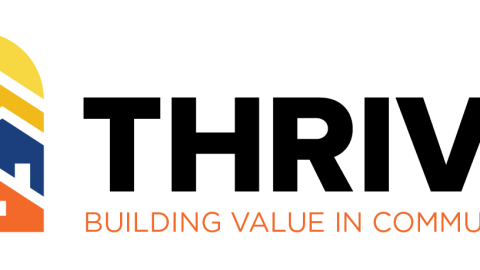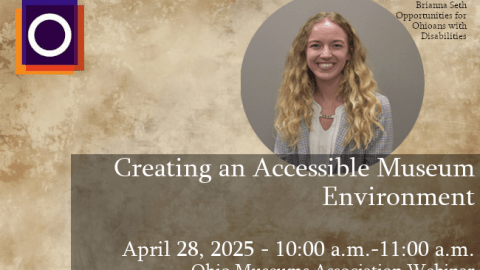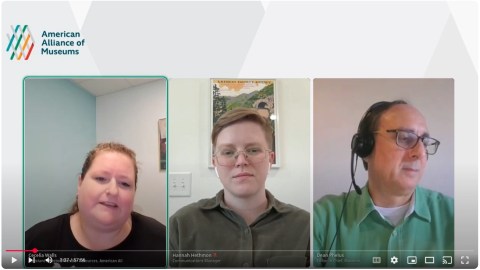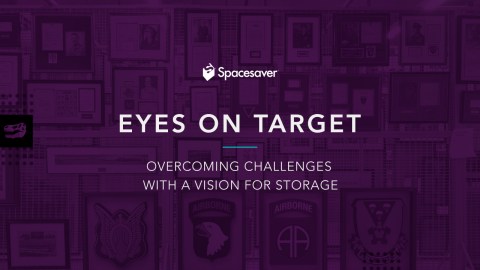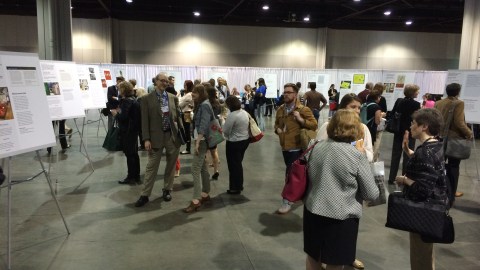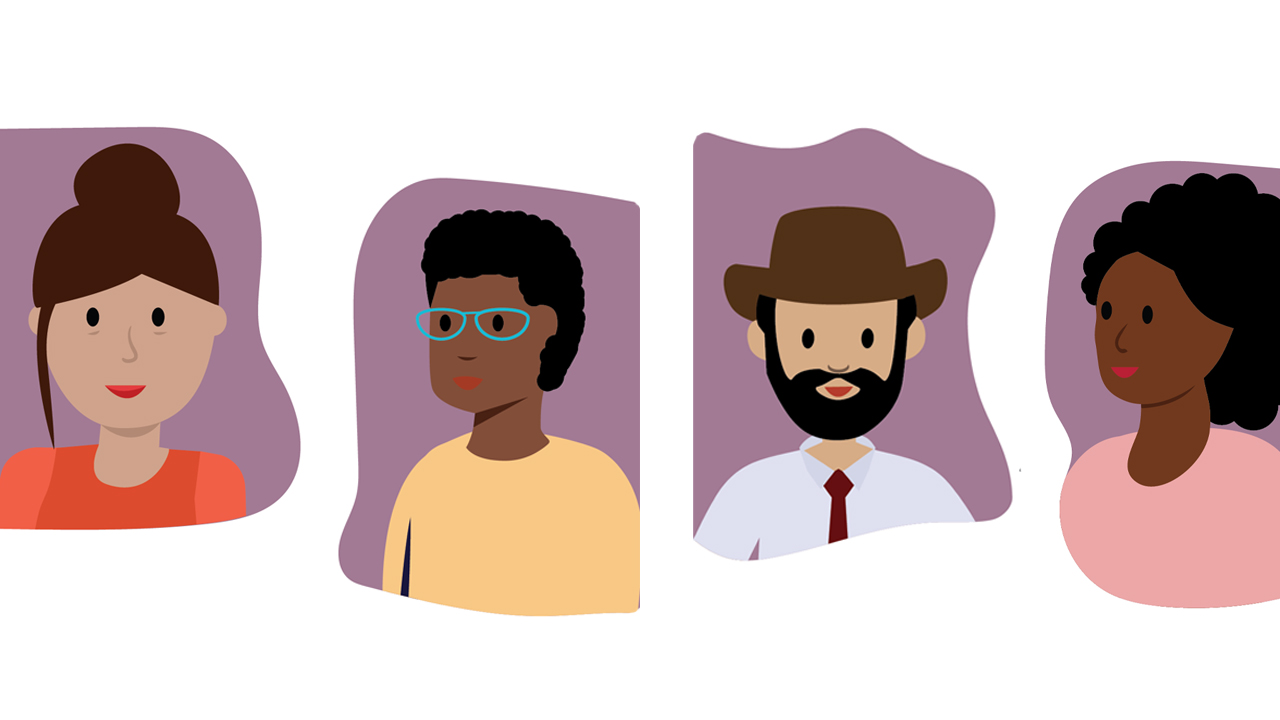
This visual Data Story is based on findings from the 2024 Annual Survey of Museum-Goers, a national survey of American museum visitors from AAM and Wilkening Consulting. Every year, the survey partners with individual museums to research their audiences and yield insights about their behaviors and preferences, both on an institutional and national level. Interested in joining the 2025 edition on the themes of repeat visitation, social connection, and community trust and responsibility? Sign up by February 28, 2025, for a special early bird rate.

Sometimes, in these polarized and tumultuous times, it feels like no one can agree on anything. As we found in the Annual Survey of Museum-Goers, even the idea of museums cultivating hope for a better future was seen by some audiences through a political lens.
But maybe we are not as divided as we think. Perhaps there are some shared values we can consider to help rebuild our connections to one another and strengthen our communities.
To find out, we asked frequent museum-goers an open-ended question about hope and the future. This question appeared immediately after our direct, closed-ended questions on hope.
Actually…we had two questions to ask, and the luxury of a large sample. We programmed both questions, and half of the sample randomly received one version, and half the other.
VERSION 1:
Imagine your community in 10 years. What do you hope for your community? What do you hope for museums? And what do museums need to do to be a vital part of that community you imagine?VERSION 2:
Imagine your family and close friends in 10 years. What do you personally hope for those family members and close friends? And what do museums need to do to be a vital part of your lives, supporting those hopes?
Who responded?
One of the things we consider when analyzing open-ended responses from a survey is who is motivated to answer the question in the first place (versus those who choose to skip it). This helps us understand if different segments of respondents felt more strongly (good or bad) than others about what we are asking.
There were two interesting patterns that emerged:
Community Version:
Liberals were nearly 50% more likely to answer the community version of the question than conservatives: 43% of liberals who saw this question wrote something in, versus 31% of conservatives. This fits in with larger patterns we have seen over the past several years, with liberals consistently more likely to indicate community-oriented answers in our museum surveys than conservatives.
Wrote in answers:
- Liberals: 43%
- Conservatives: 31%
Family/Friends Version:
Adults over the age of 60 were the most likely to write something in, 38%, and young adults (under 40) without children the least likely, only 28%. This result, admittedly, we have less insight on.
Wrote in answers:
- Over 60: 38%
- Under 40 without children: 28%
To find out what people shared, we hand-coded a demographically-balanced, but randomly selected, sample of 8,000 responses. (1) We looked at how the responses differed between the two question versions, what values people don’t quite agree on, and what values most of us seem to share.
The most common themes respondents shared centered around civility, helping communities thrive, and the value of people working together. There was quite a bit of articulation that respondents wanted museums to reduce barriers to access (particularly cost), and they also wanted their communities to value and support museums, libraries, and the cultural sector more.
“I hope we are all invested in our places and working to make our world better through where we live. It is a more practical way to make an impact on a smaller scale (not changing the whole world), but still an impactful way! Our museums are a center point for culture and our communities. I hope to continue seeing them thrive in such an important role.”
Personal Hopes for Family and Close Friends
These responses, compared to the community hopes, were much more inward looking and personal. Many of these responses focused on health, happiness, and security.
“I hope that those I love are healthy in body, mind, and soul. That they are free to live authentically and without limitations on their ideas, expressions, or dreams. That they experience equality, love, peace, and joy. That their lives are meaningful and deeply connected to themselves, others & the Earth. Museums have the potential to show us that this is possible.”
Where We Don’t Quite Agree…
There were a handful of topics that some respondents clearly cared more about than others, most of which were not surprising as we have seen similar patterns in quantitative survey results this year and in the past.
- Planet, nature, and climate. Liberals were far more likely to mention concerns about climate change, and hopes for solutions, than conservatives.
- Inclusion. Similarly, liberals were far more likely to mention DEAI than conservatives…by a factor of 5x.
- Value of community, people working together, and civics. As we saw in the 2023 Annual Survey of Museum-Goers, there were political differences in responses about community and civics. Liberals were much more enthusiastic to share their ideas on these topics (and how museums can help) than conservatives. We also continue to see young adults (under 40) without children much more enthusiastic about these ideas than adults over 60…by a factor of 2.5x.
The good news is that there were a number of things that most people seem to agree on. These areas can provide us with excellent starting points for rooting our work in ways that support individuals and our communities. These include:
- The value of learning and education.
“I hope that they are able to be lifelong learners who are confident, mindful, resourceful, and content. Museums can be a place to learn and a resource for building and maintaining mindfulness, resourcefulness, confidence, and contentment through accessible and relatable programs and resources.”
- A desire for less polarization and more civility.
“Everyone gets along peacefully.”
- Individual happiness.
“I hope that my family and friends are happy, healthy, secure, and feel loved. Museums can play a role through providing enjoyment, mental / emotional outlets, and intellectual discourse.”
- Individual health.
“I hope they are happy and healthy and are learning about the world and its beauty, history, and how to keep it going and civilized.”
Because those shared values are such a vital starting point for museums engaging people effectively with many different worldviews and life experiences, we’ve included this as a line of inquiry in the 2025 Annual Survey of Museum-Goers.
Personally, however, we found coding these responses overall to be rather delightful. Most people want to envision a future where those they love, and their communities, are thriving. And many expressed hopes that we will find creative solutions to the problems we face, both globally and locally. That gives us hope as well, because if museums (and other institutions) can build on those shared values more effectively, those creative solutions will be far more possible.
“In ten years, I hope that museums will lead the way to healing using creativity, beauty, and knowledge.”
Annual Survey of Museum-Goers Data Stories are created by Wilkening Consulting on behalf of the American Alliance of Museums. Sources include:
- 2024 Annual Survey of Museum-Goers, n = 90,178; 202 museums participating
- 2024 Broader Population Sampling, n = 2,154
- 2017–2023 Annual Surveys of Museum-Goers
(1) See 2024 ASMG: Purpose and Methodology (Update) Data Story to learn more about our coding methodologies.
*Data Stories share research about both frequent museum-goers (typically visit multiple museums each year) and the broader population (including casual, sporadic, and non-visitors to museums).
More Data Stories can be found at wilkeningconsulting.com/data-stories.


